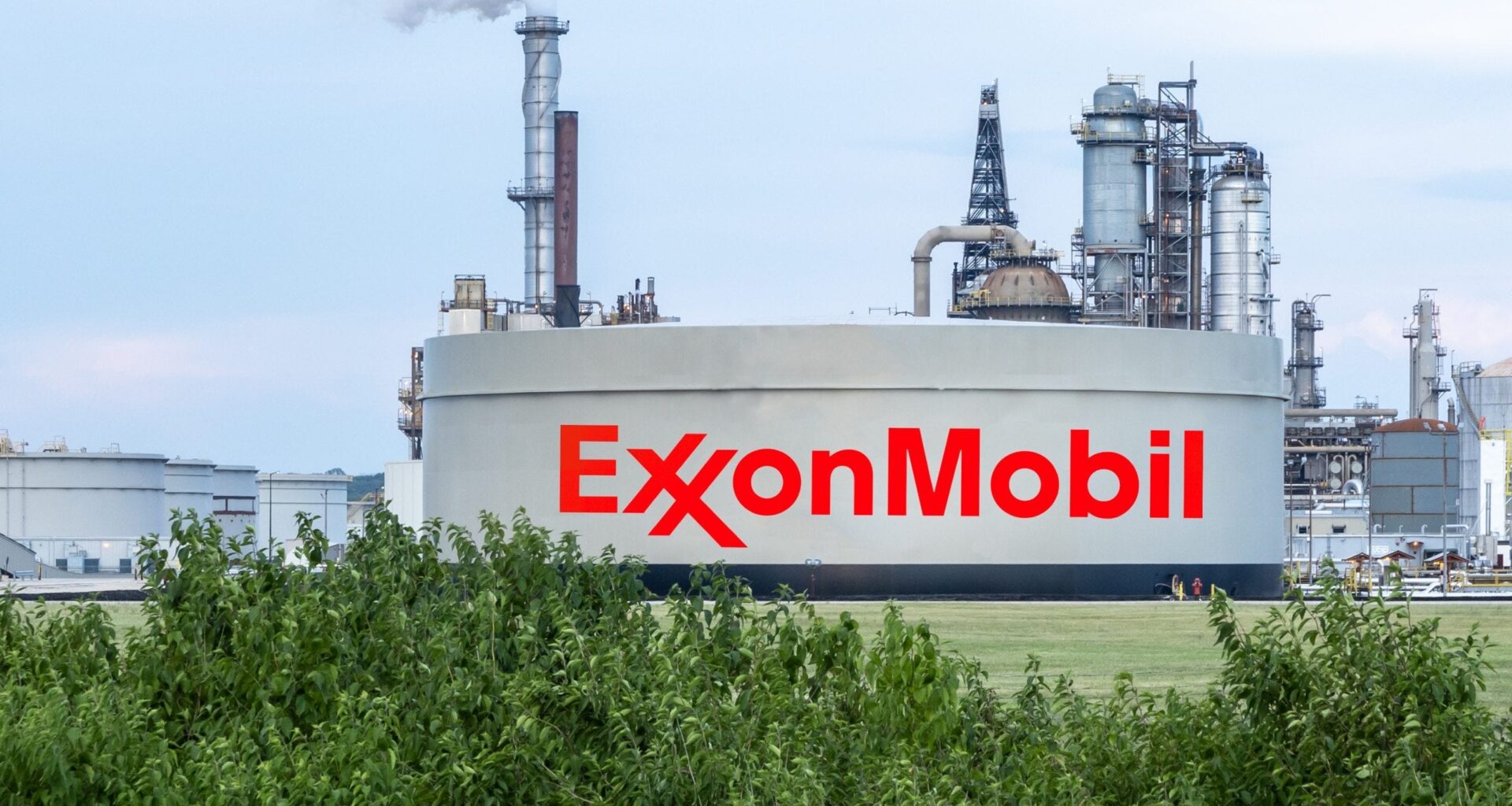ExxonMobil will participate as a Diamond Sponsor at the 2025 African Energy Week (AEW) conference in Cape Town, where it will outline a combination of new upstream investments, major liquefied natural gas (LNG) developments, and long-term skills initiatives. The African Energy Chamber confirmed the company’s role in the event, which is scheduled for later this year under the theme “Invest in African Energies.”
The U.S.-based integrated energy company will use the conference to provide updates on oil and gas projects in Nigeria, Angola, and Mozambique, while also presenting its STEM Africa program, an educational initiative designed to expand technical capacity in the continent’s energy workforce.
In Nigeria, ExxonMobil is preparing to commit additional capital to deepwater developments as part of a national effort to boost crude oil output. The investment plan builds on production from the Erha and Owowo offshore fields, which have been in operation for several years. The company’s strategy in Nigeria focuses on optimizing output from mature assets while advancing exploration in promising offshore blocks. These efforts align with the Nigerian government’s target to increase oil production and attract new investment to the energy sector.
In Angola, ExxonMobil has extended its production sharing contract for Block 15, home to the Kizomba deepwater development, until 2037 through an agreement with the National Agency of Petroleum, Gas and Biofuels. It has also renewed its Block 17 contract in partnership with TotalEnergies, securing continued production from one of the country’s most productive offshore areas. Angola’s government has made contract renewals and production optimization a central part of its strategy to maintain output levels amid declining production from older fields.
In East Africa, ExxonMobil is progressing with the long-anticipated Rovuma LNG project in Mozambique’s offshore Area 4. The development is expected to reach a final investment decision in 2026, with plans to bring an additional 18 million tons per year of LNG capacity to global markets. Mozambique has emerged as a key LNG prospect in the last decade, and Rovuma would significantly increase the country’s export potential. The project also fits within Africa’s broader ambition to position natural gas as both an export commodity and a transitional fuel for domestic power generation and industrial use.
Beyond its operational portfolio, ExxonMobil is investing in human capital through the STEM Africa program, launched in 2024 by the ExxonMobil Foundation in partnership with Junior Achievement Africa. The program offers hands-on science, technology, engineering, and mathematics training to students in Nigeria, Namibia, Angola, and Mozambique. In its first year, it reached over 3,000 students, with 96 percent indicating interest in pursuing STEM-related careers. The initiative received the Local Impact Award at the Big Five Board Awards in London this month, reflecting its contribution to education and workforce readiness in the energy sector.
NJ Ayuk, Executive Chairman of the African Energy Chamber, said ExxonMobil’s mix of upstream investments and education initiatives demonstrates how private sector companies can support both short-term production goals and longer-term development objectives. “This is the type of strategic partnership Africa’s energy sector requires—balancing operational delivery with local skills development,” Ayuk said.
Read also: Tunisia’s shift to natural gas signals a sustainable path for Africa’s energy-industrial future
ExxonMobil’s involvement in AEW 2025 comes at a time when African governments and investors are debating the pace and direction of the energy transition. Many resource-rich countries are seeking to increase oil and gas output to meet export demand while also using revenues to fund renewable energy and domestic infrastructure. The African Union’s Agenda 2063 and the Africa Gas Master Plan emphasize natural gas as a transitional fuel that can support industrialization, electrification, and regional trade.
At the same time, the global push for reduced carbon emissions is prompting calls for African projects to integrate lower-carbon technologies and prioritize domestic energy access. ExxonMobil’s LNG projects and offshore operations could feature in discussions about how to capture export revenue while meeting local energy needs.
AEW 2025 is expected to draw policymakers, investors, and industry executives from across the continent and abroad. ExxonMobil is scheduled to take part in sessions on deepwater exploration, LNG supply expansion, and increasing women’s participation in the energy workforce. The company’s STEM Africa program will also be highlighted as a model for industry-led skills development.
By linking upstream investments with capacity building, ExxonMobil’s activities touch on several priorities shared by African energy policymakers: securing investment, maximizing local economic benefits, and building a skilled workforce to manage future energy systems. As the continent navigates a complex energy landscape—balancing traditional hydrocarbons, the growth of natural gas, and the gradual integration of renewables—companies like ExxonMobil will continue to play a significant role in shaping both economic outcomes and the technical capabilities of the sector.
Read more: Oil majors abandon Net-Zero Standards, exposing cracks in global climate accountability


